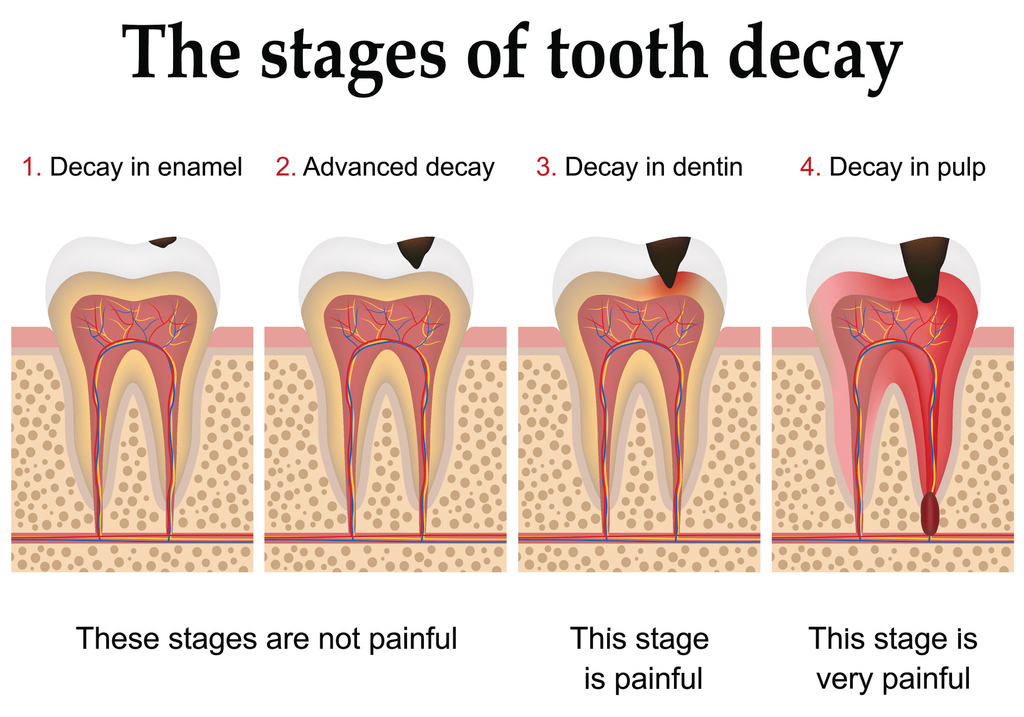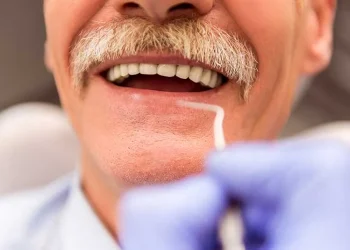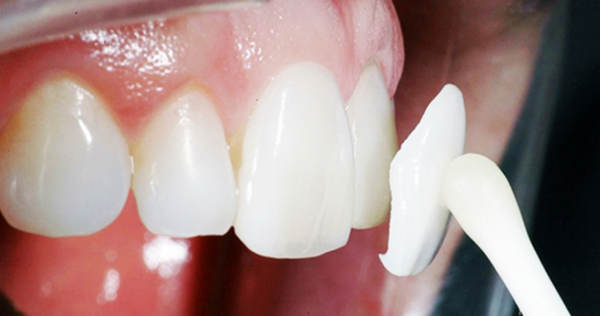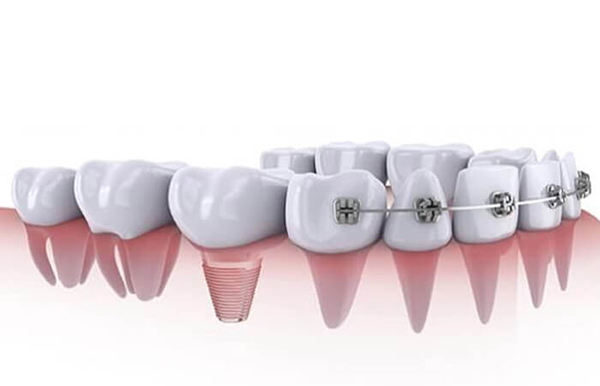What is Tooth Decay and How Does it Happen?
Tooth decay, also known as dental caries, is a common dental problem that affects people of all ages. It is a result of the gradual breakdown of the enamel, which is the hard outer layer of the tooth. Tooth decay can lead to cavities, which are holes in the teeth that can grow bigger over time if left untreated. The process of tooth decay is caused by a combination of factors, including bacteria, diet, and oral hygiene habits.
The Role of Bacteria in Tooth Decay
Bacteria play a crucial role in the development of tooth decay. Our mouths are home to a variety of bacteria, some of which are beneficial and help keep our mouths healthy, while others can cause harm. Plaque bacteria, for example, are a type of bacteria that can buildup on teeth and gums if not removed through proper oral hygiene practices. Plaque bacteria feed on carbohydrates found in food and produce acid as a byproduct. This acid can erode the enamel of the teeth, leading to tooth decay.
Furthermore, certain types of bacteria are known as acid-producing bacteria. These bacteria are particularly harmful because they produce more acid than other types of bacteria, leading to more rapid enamel breakdown and tooth decay. Acid-producing bacteria are more commonly found in people who consume a diet high in sugar and carbohydrates.

How Diet & Oral Hygiene Habits Contribute to Tooth Decay
Diet and oral hygiene habits also contribute to the development of tooth decay. A diet high in sugar and carbohydrates provides a ready source of food for plaque bacteria, allowing them to thrive and produce more acid. Additionally, frequent snacking throughout the day can create a constant supply of food for plaque bacteria, leading to more rapid enamel breakdown and tooth decay.
On the other hand, good oral hygiene habits can help prevent tooth decay. Brushing and flossing regularly can help remove plaque bacteria from teeth and gums, reducing the amount of acid produced and slowing down the decay process. Additionally, using mouthwash can help kill bacteria and freshen breath.
Preventing Tooth Decay with Proper Oral Hygiene Practices & Diet Choices
Preventing tooth decay involves a combination of good oral hygiene practices and a healthy diet. Good oral hygiene practices include brushing at least twice a day with fluoride toothpaste, flossing daily, and using mouthwash. Additionally, it is important to visit a dentist regularly for checkups and cleanings, as they can help detect and treat tooth decay before it becomes a major problem.
Diet choices are also important in preventing tooth decay. It is recommended to limit the consumption of sugary and carbohydrate-rich foods and drinks. Instead, opting for foods that are high in calcium and phosphates can help strengthen tooth enamel and prevent decay. These include dairy products, leafy greens, nuts, and lean proteins.
Treating Dental Caries & Restoring Teeth Health with Professional Care
If tooth decay has already occurred, it is important to seek professional dental care for treatment. Treatment options for dental caries include fillings, crowns, and root canals. Fillings are used to repair small cavities, while crowns may be necessary for larger cavities or teeth that have undergone significant decay. In some cases, a root canal may be necessary to remove infected tissue and restore the health of the tooth.
It is important to seek professional dental care for tooth decay, as leaving it untreated can lead to more serious problems such as abscesses, infections, and even tooth loss.
Taking Care of Your Teeth
Tooth decay is a common problem that can be prevented with good oral hygiene practices and a healthy diet. By brushing and flossing regularly, limiting sugary and carbohydrate-rich foods, and visiting a dentist regularly, you can help prevent tooth decay and maintain good oral health. If tooth decay has already occurred, seeking professional dental care is important to prevent further damage and restore the health of the tooth. Remember, taking care of your teeth is an important part of overall health and well-being.















